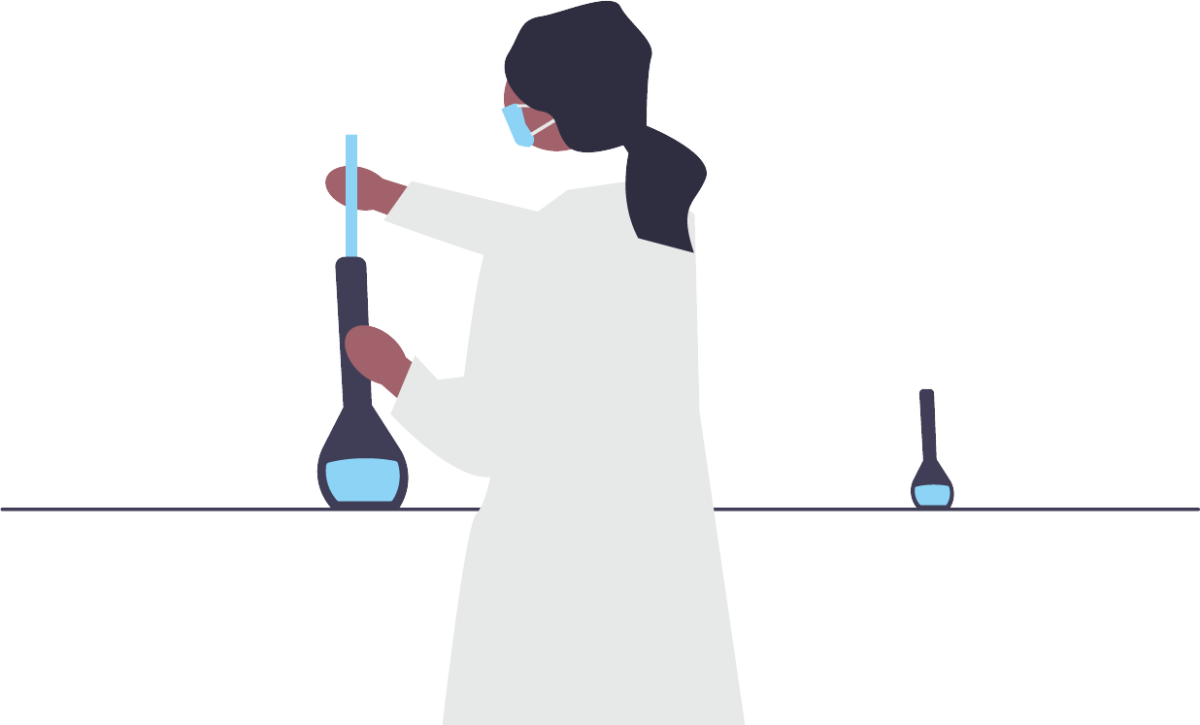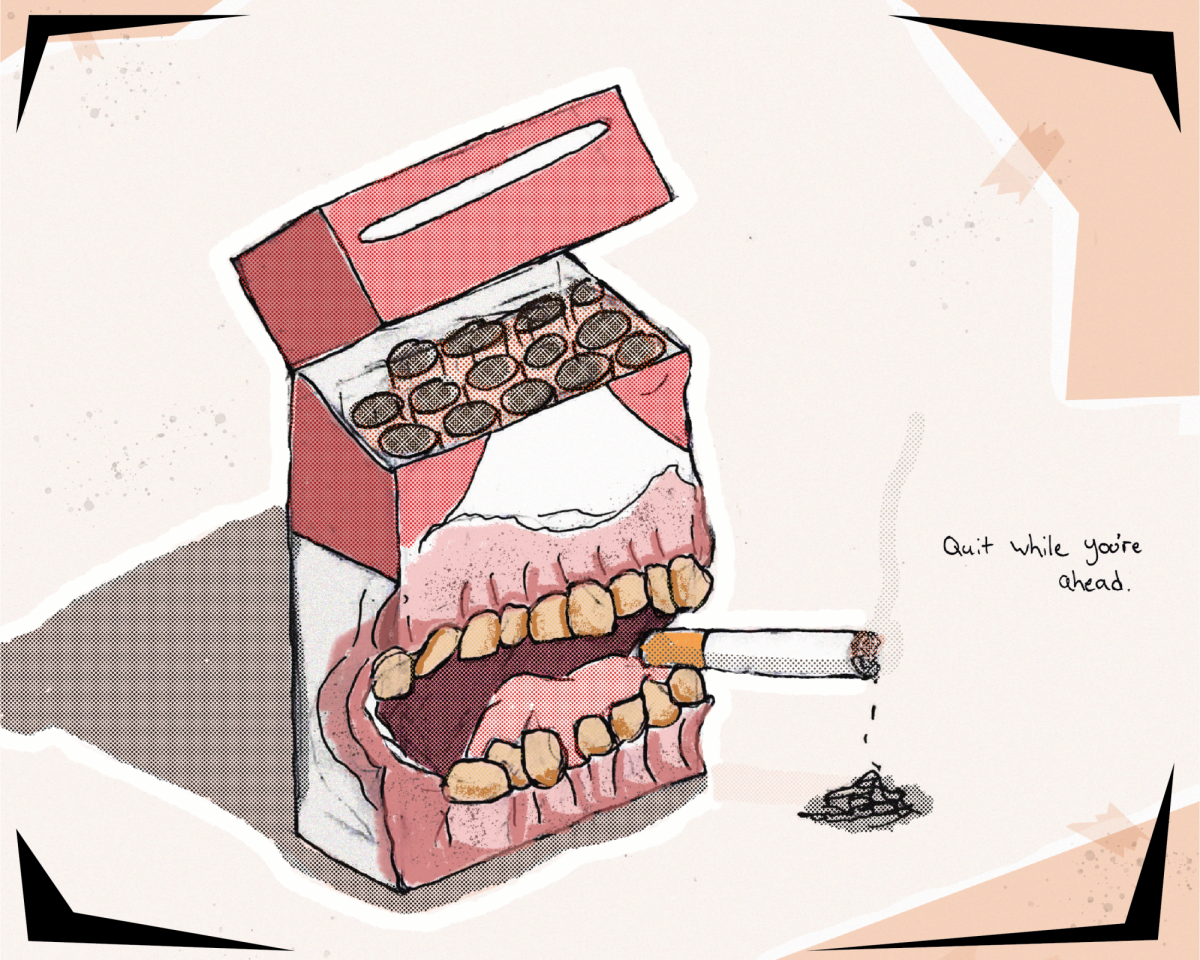For most of modern history, discussions surrounding the female body have been centered on its desirability rather than its health. Therefore, it comes as no surprise that the weight loss industry, a booming business, will have a projected worth of over $250 billion by 2024. Popular culture is plagued with images of the ideal female body. These unattainable standards continue to target young girls, who wrongfully accept this image as the only viable and desirable body. In a society where women’s appearances remain the first thing to be noticed and are the metric by which value is assigned, the inability to adhere to the images presented in the media has a great impact on female self-esteem. As a response to decades upon decades of images objectifying and limiting the definition of a healthy female body, the body positivity movement has slowly gained traction in our everyday discourse. The movement — based on self-acceptance and celebration — intends to correct those images and provide more representation. It fights these damaging cultural norms to allow women to love their bodies — especially if they don’t fit within the mold that the media has created.
During the last decade, the body positivity movement has slowly spread amongst popular platforms. It started as a few scattered ads incorporating women with “real bodies” (meaning no airbrushing or photoshopping of any kind), as well as expanding their cast to reflect the diversity in our country. Although some argue that this movement has fallen to the other extreme end of the spectrum — where shaming thin bodies and normalizing obesity are the new norms — the reality is that fat continues to be automatically deemed a negative attribute. Even the word “fat” continues to carry a stigma that “thin” or “skinny” does not. Therefore, even if this movement has become so radicalized that any sort of weight loss is deemed a betrayal of self-acceptance, it hasn’t had an impact great enough to make a substantial change in the way we perceive the female body.
However, it is true that those advocating for self-love often confuse and conflate it with a having a healthy body. Obesity remains a major cause of diabetes, cardiovascular diseases and some types of cancer. Although correlation does imply causation, obesity is a factor that contributes to the development of these conditions. Nevertheless, weight is not an absolute marker of health, even though decades of dieting advertising has told us differently. Habits — in combination with genetics — are incredibly influential towards one’s health. Unfortunately, some people are simply programmed to develop certain ailments regardless of weight and lifestyle changes still frequently recommended to lose weight by doctors as a way to prevent some of these diseases. In addition, obesity by itself is not proof of unhealthiness. In reality, it is the habits that may accompany and contribute to obesity that are harmful to the body — such as the daily consumption of fast food and sugars and a sedentary lifestyle. Yet, these habits are not always a conscious choice. Socioeconomic factors influence the accessibility to organic food and healthy eating habits.
Moreover, unhealthy habits are not solely limited to obesity. Since its inception, the weight loss industry has profited by promoting harmful habits. The reach of these products has expanded from printed ads on magazines to bombarding every social media platform through sponsored posts by Instagram influencers. But the message remains the same. Dieting regimes and products continue to sell women’s weight loss as a magical solution for all of life’s problems. However, instead of promoting healthy eating habits and a more active life, the dieting industry pushes starvation as a valid alternative to overeating. As unpleasant as appetite suppressants, laxatives and hardcore workout routines sound, they are presented as a preferable alternative to being overweight (or a healthy weight). Not only are they as unhealthy as overindulging on food, but these fickle methods also generate temporary results — namely dehydration — that are unsustainable without causing long-term damage to the metabolic and digestive systems.
Rather than measurements and weight, we should approach health as a lifestyle. Instead of telling young girls to skip meals and starve themselves, the solution should be the adoption of a more balanced diet. It should never be deprivation. Learning to eat in moderation and consistent portion sizes will allow women to take control of their health. The problem lies in the assumption of women’s health based on their body size, rather than taking into account all the factors that contribute to their general well-being. Our culture’s obsession with dictating how a woman should look or feel about her body is archaic. Our culture should be more concerned with the correlation of wanting to adhere to the body image presented on billboards and the development of eating disorders at a young age. Health should not be measured by body size, and a person’s weight is not your business unless you are a medical professional.





















